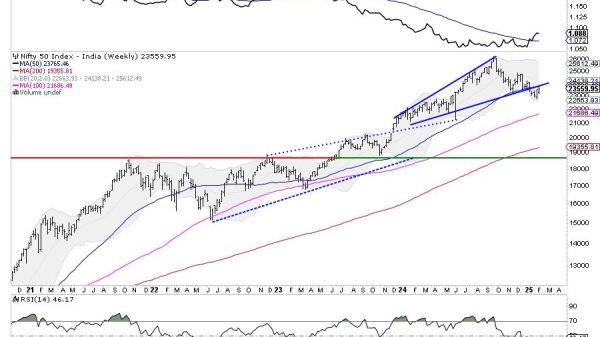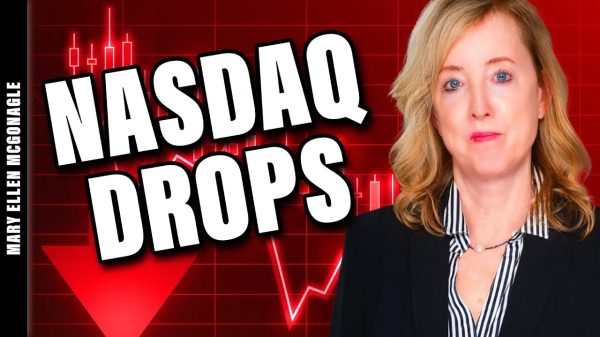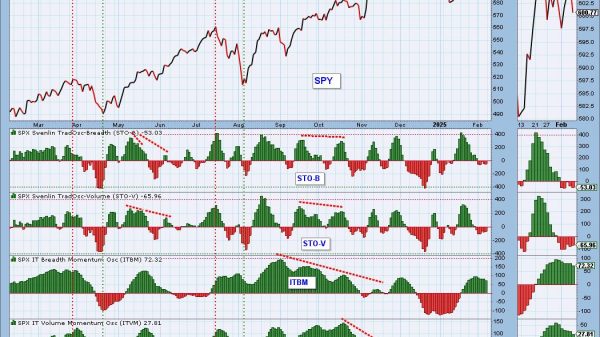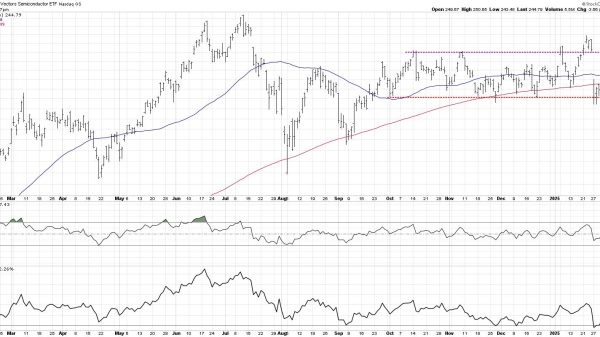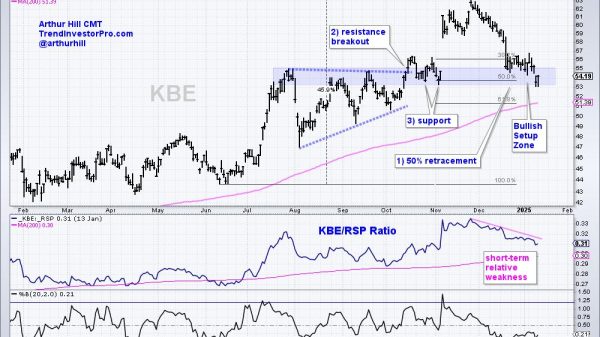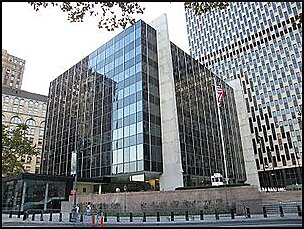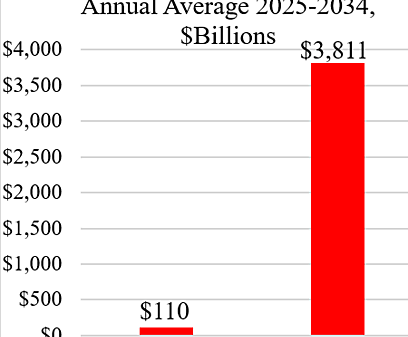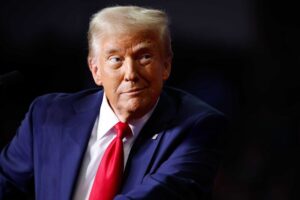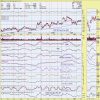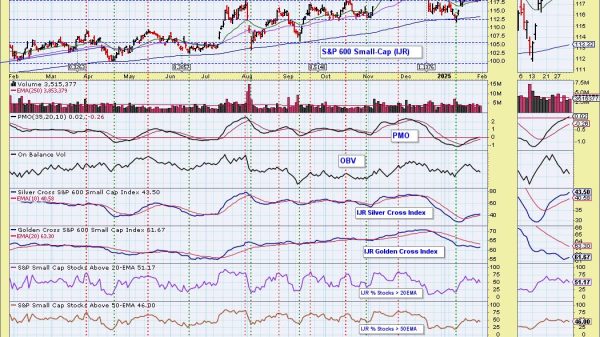
The United States and China have agreed a 90-day suspension of punitive trade tariffs, in a surprise move that could ease escalating tensions between the world’s two largest economies.
Under the agreement, US import tariffs on Chinese goods will be reduced from a peak of 145 per cent to 30 per cent. In exchange, China will cut its retaliatory duties on American exports from 125 per cent to 10 per cent, both countries announced on Monday in coordinated statements.
The US figure still includes a 20 per cent “fentanyl penalty” introduced by Donald Trump in his first term, aimed at punishing China for its alleged failure to stop the export of chemicals used in the production of the opioid.
Despite that sticking point, the deal marks a significant cooling-off period following April’s so-called “Liberation Day”, when Trump imposed sweeping global tariffs, triggering stock market turmoil and fears of a prolonged trade war.
US Treasury Secretary Scott Bessent, speaking in Geneva following two days of intense talks, said both sides were now committed to building “more balanced trade” and denied any intention of decoupling. “What occurred with these very high tariffs was the equivalent of an embargo. Neither side wants that,” he said.
The agreement paves the way for regular trade negotiations, to be hosted alternately in the US, China, or neutral countries. Although described as a “consensus” rather than a formal deal by Beijing, the language used by both parties was notably constructive.
The broader context includes mounting pressure within the US, where business leaders and economists have warned the tariffs risk fuelling inflation and undermining key industries. Wall Street has seen sharp losses since April, while the tech sector — particularly firms like Apple and Tesla that rely heavily on Chinese manufacturing — has lobbied hard for a rethink.
Tesla operates its largest factory in Shanghai, responsible for roughly half of its global output. Apple, meanwhile, still assembles around 90 per cent of its products in China. Retailers had also begun to warn of empty supermarket shelves in the months ahead.
The 30 per cent interim rate falls well short of Trump’s suggestion last week that an 80 per cent tariff “seemed right” — indicating that economic reality may be softening even the former president’s hard-line stance.
On the sidelines of the Geneva talks, Chinese public security minister Wang Xiaohong is understood to have met with the US delegation to discuss fentanyl-related cooperation, a crucial sticking point in the broader relationship. While no details were released, a future withdrawal of the 20 per cent fentanyl tariff would be seen in Beijing as a moral and diplomatic win.
Financial markets welcomed the news. The dollar strengthened against a basket of major currencies, sending gold prices down 3 per cent to $3,228.95 per troy ounce — reversing gains made after April’s tariff shock. The yuan climbed to a six-month high against the dollar, while Hong Kong’s Hang Seng index jumped over 3 per cent, with tech stocks gaining 5 per cent.
European markets also reacted positively. Germany’s DAX and France’s CAC 40 rose around 1 per cent, although the FTSE 100 remained flat, as gains in mining were offset by losses in defence, pharmaceuticals, and precious metals.
While questions remain over the long-term durability of the truce, the short-term impact is clear: global markets are breathing a cautious sigh of relief, and the prospect of a deep and damaging economic decoupling between the US and China may, for now, have been averted.
Read more:
US and China agree 90-day tariff truce in bid to ease trade tensions






